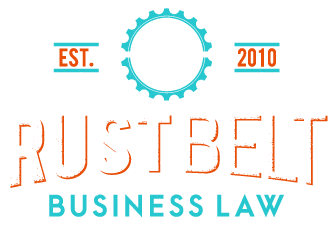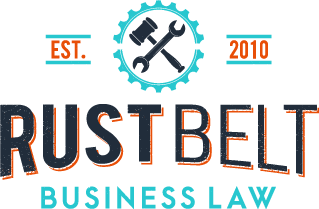Tax season is here, and with it comes a whole range of reactions – anxiety, worry, concern, fear, and plenty others. Taxes are one of those things that have the capacity to rapidly remind us of the importance of proper financial planning. Simply put, if you don't make an effort in your tax planning, you will almost certainly end up failing to fully optimize your tax return – and, by extension, your overall tax burden. Here are 9 tax planning strategies which can potentially make 2023 your best year yet:
1. Cost Segregation / Depreciation
Depreciation refers to the process of taking deductions to offset declining value for capital expenditures. Different expenditures have different depreciation schedules; for instance, commercial real estate is depreciated differently than a business automobile. Cost segregation studies can assist taxpayers in properly classifying property so that the most advantageous deduction schedule can be devised. Depreciation deductions lower your taxable income and therefore your overall tax burden, and so having an optimal deduction schedule can be a massive financial benefit.
2. Timing Income
Timing the recognition of income can have substantial tax implications. In some cases, you may want to defer recognizing income, and in other cases you may want to expedite recognizing certain income. A precise recommendation can only be made after all relevant factors have been considered, which is why an experienced professional is needed.
3. Charitable Contributions
When you make contributions to certain charitable organizations – namely, those which are officially recognized as being charitable by the IRS – you can take deductions based on those contributions. Of course, everything must be properly documented, but this can be a very good strategy to both reduce your tax burden and make a philanthropic contribution at the same time.
4. Deduction for Qualified Business Income
In some cases, when a business has income of a certain type – "qualified business income" – that business can take a special deduction (up to 20%). You'll need to confer with an expert before taking this deduction, however, as the rules and regulations which apply are not easy to follow.
5. Carryover Losses / Deductions Whenever Possible
Losses are always unfortunate, but there is a way to optimize your situation whenever you do incur them. You can "carryover" losses to future years, which can potentially help reduce your taxable income and, consequently, reduce your overall tax burden. The same is true for certain deductions which aren't utilized. As with everything tax related, complex rules apply, and so a consultation with a professional is necessary.
6. Maximize Your Mileage Deduction
As many business owners are aware, when you itemize you can take advantage of the deduction for mileage. More specifically, the costs associated with your mileage may be offset with deductions, but certain rules apply. You need to make sure that your deduction schedule is consistent with the current rates.
7. Conduct a Section 1031 Exchange
Just like individuals, business entities in Pennsylvania can take advantage of IRC Section 1031. IRC Section 1031 allows real estate owners to sell their property and defer their tax liability when they reinvest the sale proceeds in a new piece of real estate. The requirement is that both the original real estate and the newly purchased real estate must be used for investment purposes.
8. Utilize the Home Office Deduction
As with the mileage deduction, the home office deduction is another potentially useful deduction which can be taken under certain circumstances. Before you take this deduction, be sure to consult with a qualified professional to ensure that everything is done correctly. The applicable rates and rules change frequently, and so you need to ensure that you're staying up-to-date.
9. Select C-Corporation Tax Treatment
C corporations face something referred to as "double taxation" because they are taxed at the entity level (on their corporate income) and also at the dividend level (i.e. when dividends are disbursed to individual shareholders). In some cases, electing C corporation tax treatment may be preferred, and so this is something which should be discussed and considered with a tax professional.
Contact Rust Belt Business Law for More Information
If you are in need of professional tax strategy advice to help reduce your tax liability and increase your bottom line, reach out to one of the attorneys at Rust Belt Business Law today by calling 814-983-6061.




